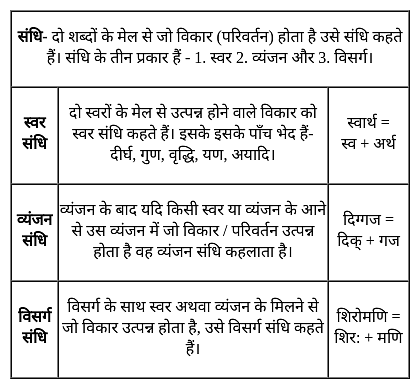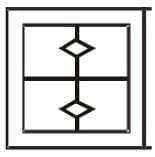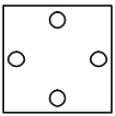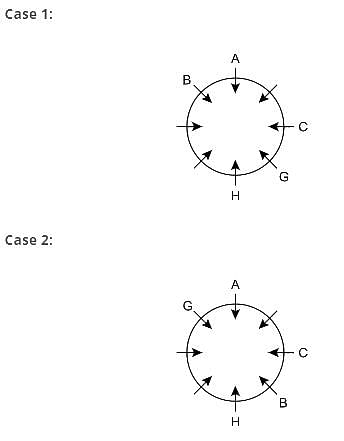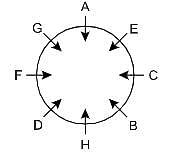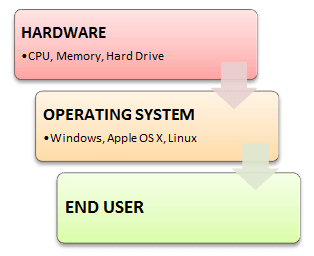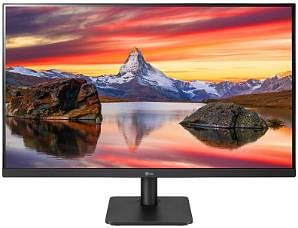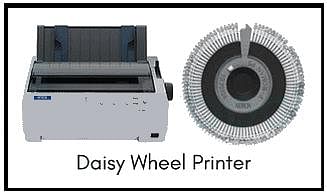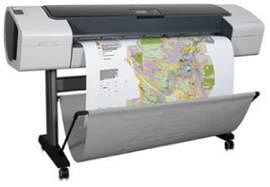UPSSSC JE Mechanical Paper 1 Mock Test - 5 - Mechanical Engineering MCQ
30 Questions MCQ Test UPSSSC JE Mechanical Mock Test Series 2024 - UPSSSC JE Mechanical Paper 1 Mock Test - 5
संधि की दृष्टि से असुमेलित का चयन कीजिए -
'बढ़ा चढ़ाकर बात करना' वाक्यांश के लिए उचित मुहावरा होगा:
| 1 Crore+ students have signed up on EduRev. Have you? Download the App |
निम्नलिखित में से कौन सा समानार्थी शब्दों का युग्म सही नहीं है?
निम्नलिखित में से उस विकल्प का चयन करें जो ‘कलेजे पर पत्थर रखना’ मुहावरे का अर्थ व्यक्त करता है।
Direction: Select the most appropriate meaning of the given idiom.
Devil's advocate
निम्नलिखित में से भाववाचक संज्ञा नहीं है:
Choose the right answer to complete the sentence.
The soup was very spicy so I only ate _________ it.
Fill in the blank with the appropriate word:
We reached the beach ______ walking for more than one hour.
'देखा गया हो' - क्रिया के किस पक्ष का उदाहरण है?
Select the option that expresses the given sentence in direct speech.
My teacher warned me that if I didn't work very hard, I might fail the end-term exam.
If a Paper (Transparent Sheet ) is folded in a manner and a design or pattern is drawn. When unfolded this paper appears as given below in the answer figure. Choose the correct answer figure given below.
A piece of paper is folded and cut as shown below in the question figures. From the given answer figures, indicate how it will appear when opened?
Question Figure

Answer Figure
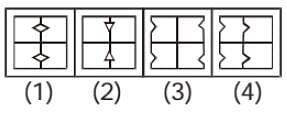
Direction: If a Paper (Transparent Sheet) is folded in a manner and a design or pattern is drawn. When unfolded this paper appears as given below in the answer figure. Choose the correct answer figure given below.
A piece of paper is folded and cut as shown below in the question figures. From the given answer figures, indicate how it will appear when opened.
Question Figure
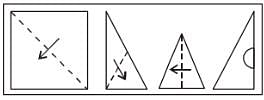
Answer figure

In this questions, a number series is given with one term missing. Choose the correct alternative that will continue the same pattern and fill in the black spaces.
Q. 1, 6, 15, (____), 45, 66, 91
Direction: If a Paper (Transparent Sheet) is folded in a manner and a design or pattern is drawn. When unfolded this paper appears as given below in the answer figure. Choose the correct answer figure given below.
A piece of paper is folded and cut as shown below in the question figures. From the given answer figures, indicate how it will appear when opened.
Question Figure

Answer figure
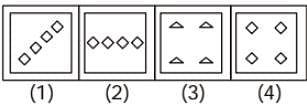
Directions to Solve
In each of the following questions find out the alternative which will replace the question mark.
Question -
68 : 130 :: ? : 350
Direction: Study the following information carefully and answer the given questions besides.
Eight person A, B, C, D, E, F, G and H sit around the circular table facing towards the centre but not necessarily in the same order.
G sits opposite to B. One person sits between A and C, who sits second to the right of H. Both G and B do not sit immediate left of H. D sits second to the left of B. A doesn’t sit beside D. E doesn’t face C.
What is the position of G with respect to C?
Chronologically arrange the following sources in the order they connected through the 'hydrological cycle' (from first to last)
Assertion (A): Deforestation and constructional activities causes the extinction of wild animals
Reason (R): Due to loss of natural habitats, animal species become vulnerable or endangered
Choose the correct answer from the codes given below:
What type of radiation is trapped on the earth’s surface by the green house effect ?
What is the highest decision-making body of the United Nations?
Material consisting of text and numbers is best represented as
Which of the following is NOT a operating system?
Which of the following is a soft copy output device?
Hardware that calculates CRC(Cyclic Redundancy Check) uses:
How many hosts can successfully send data simultaneously on the Ethernet?
Which of the following units produces a synchronization signal?


